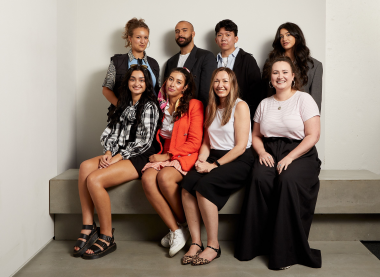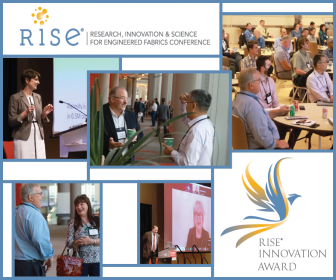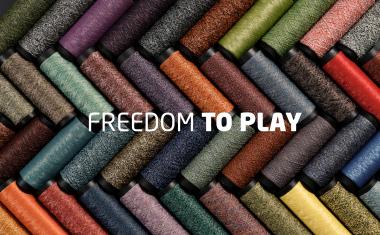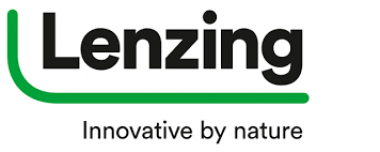Cellulose Fibres Conference 2023 publishes program
International experts will discuss topics along the entire cellulose fibre value chain at the upcoming Cellulose Fibres Conference, 8–9 March 2023 in Cologne and online.
How can the cellulose fibre industry contribute to the sustainability and circularity of the textile sector? How can fibre markets achieve a circular economy for their materials? What are the most sustainable technologies on the market? And, are there innovative, interesting raw materials and technologies worth exploring to meet the challenges of the coming years?
These and other questions in the field of cellulose fibres will be discussed within the program of the Cellulose Fibres Conference 2023. The two-day event will provide insights into the latest developments of the cellulose fibre sector and introduce innovative start-ups, technologies as well as novel fibre applications. A special focus will be set on the textile sector and its awaited paradigm shift towards circular economy in the following years.
Seven sessions will provide in depth views from fibre production to recycling, policy and market trends:
- Strategies, Policy Framework of Textiles and Market Trends,
- Circular Economy and Recyclability of Fibres,
- Alternative Feedstocks and Supply Chains,
- Innovation Award “Cellulose Fibre Innovation of the Year 2023″,
- Sustainability and Environmental Impacts,
- Ionic Liquids and New Technologies for Pulps, Fibres and Yarns,
- New Technologies and Applications beyond Textiles.
The full conference program is available here.
nova-Institut für politische und ökologische Innovation GmbH




























